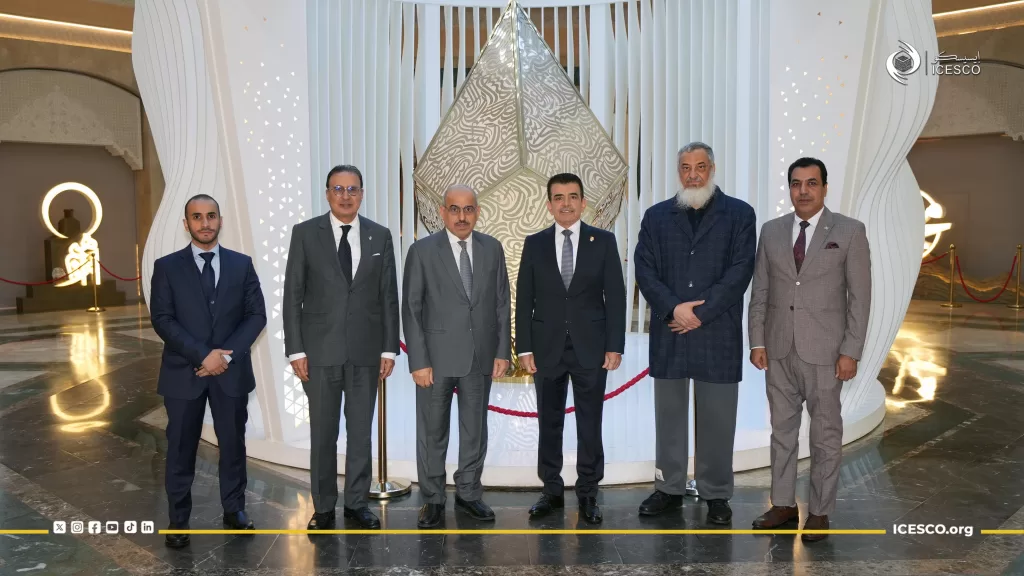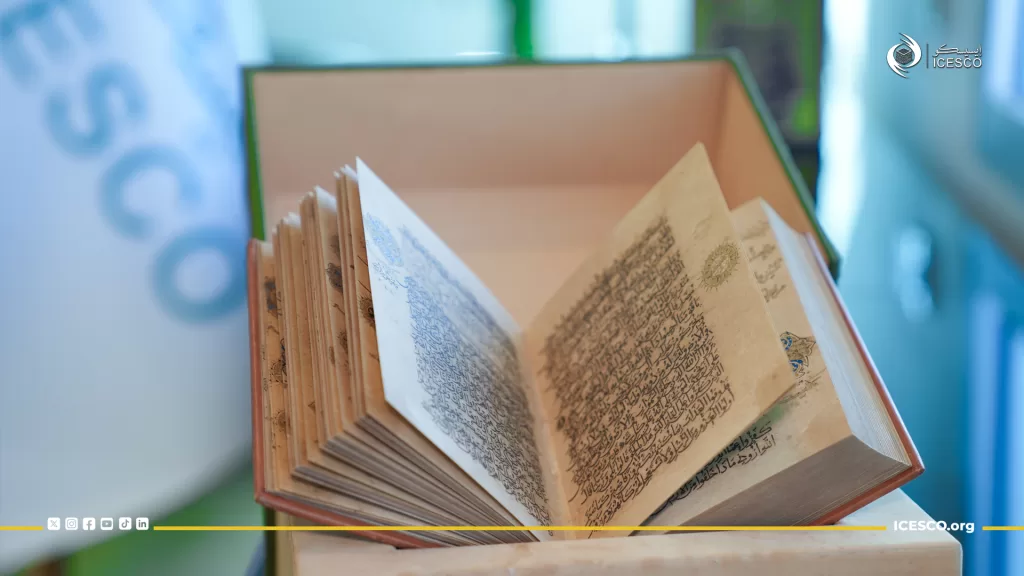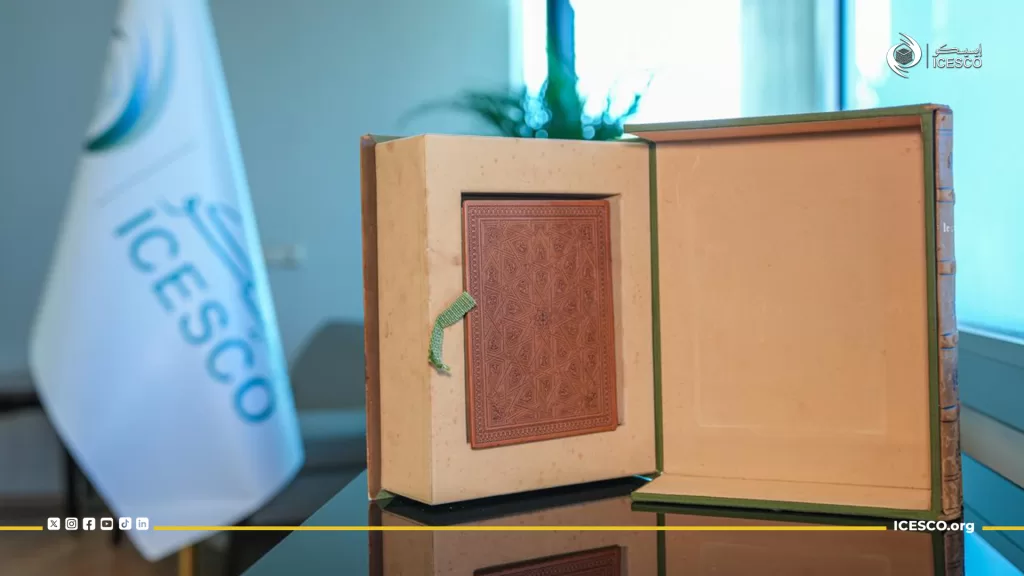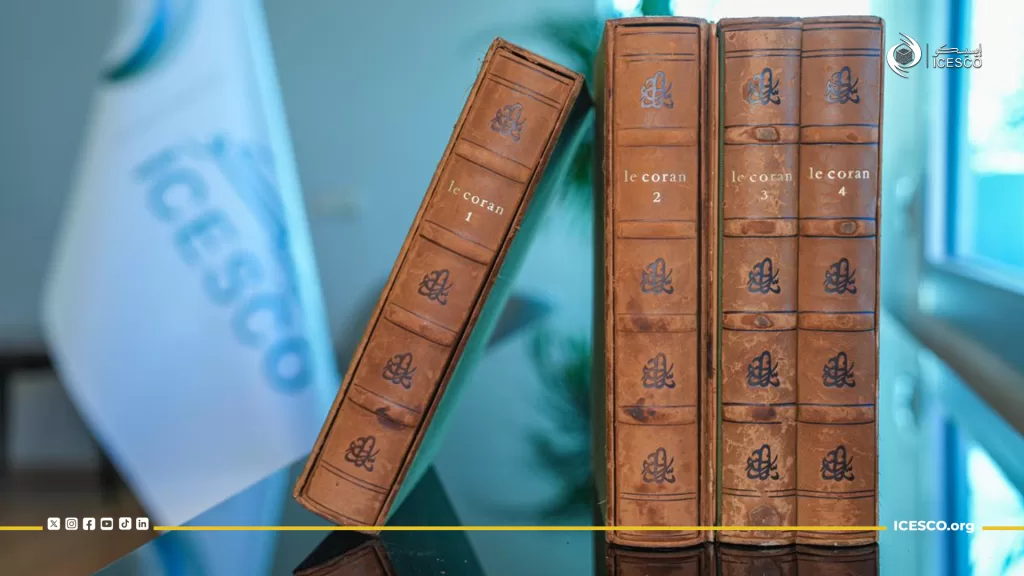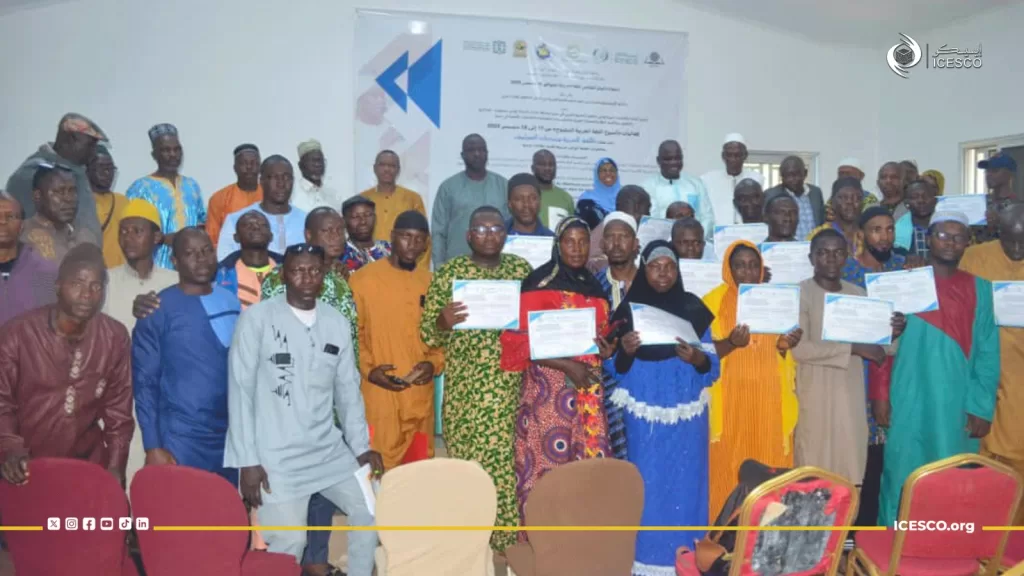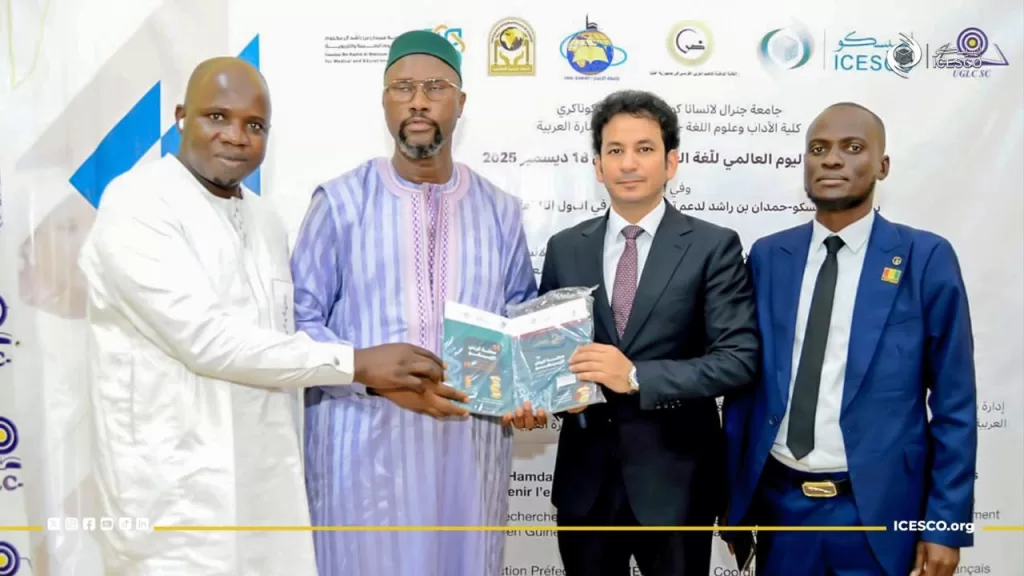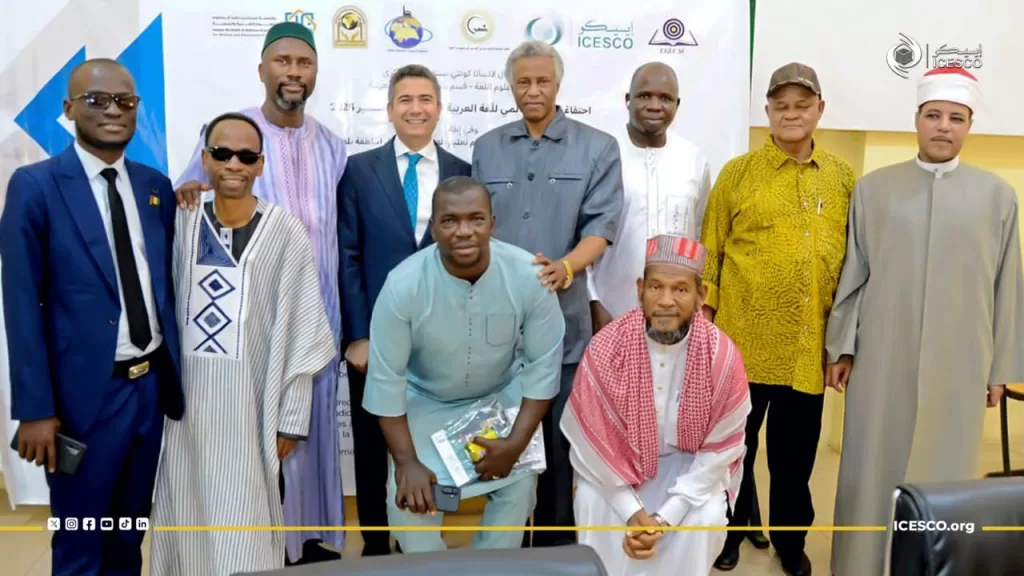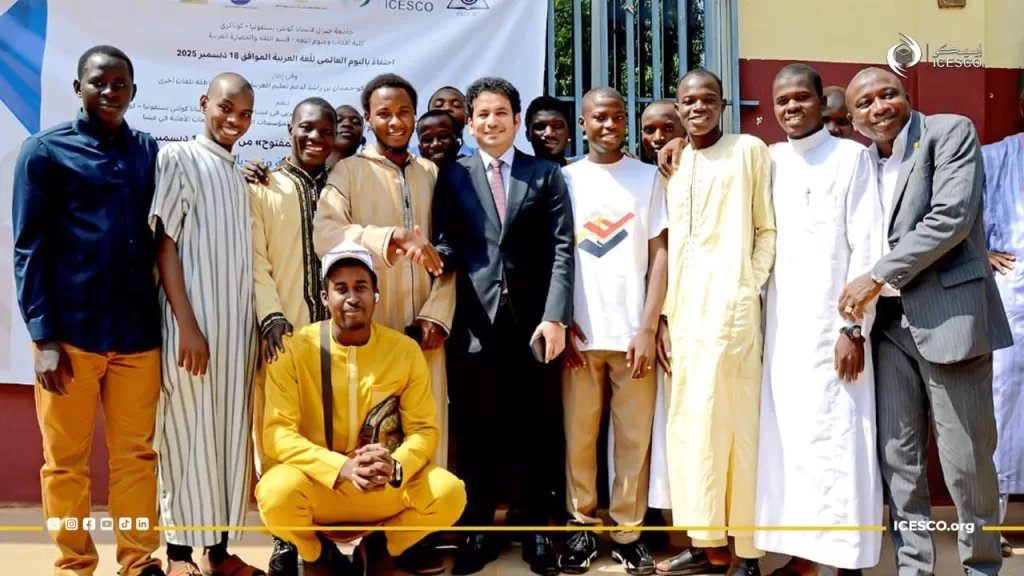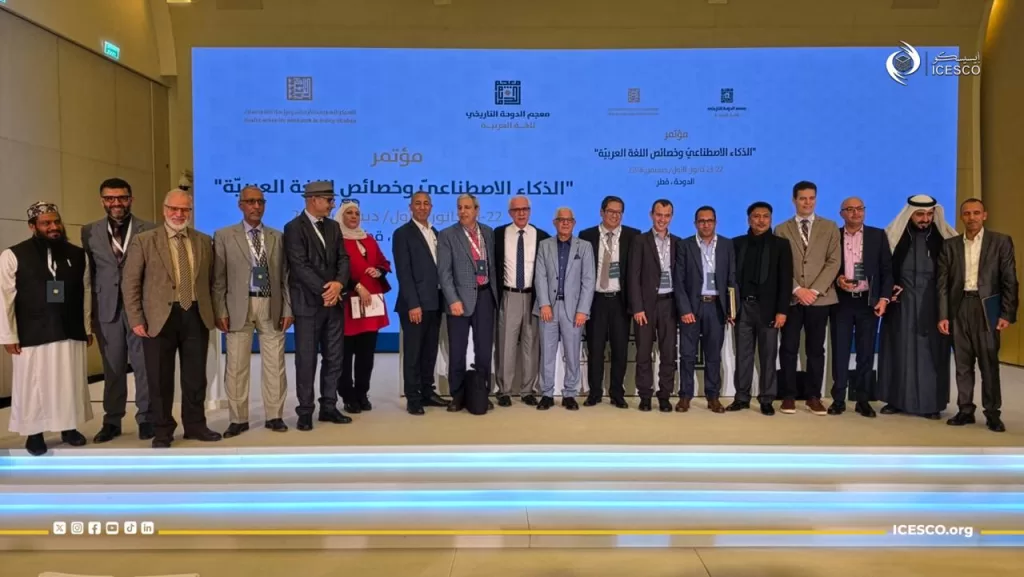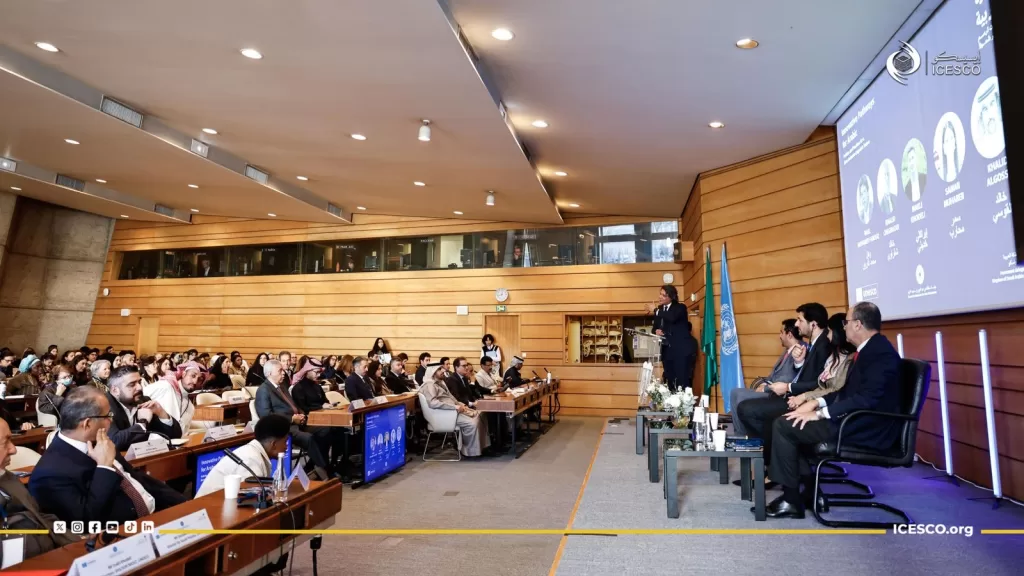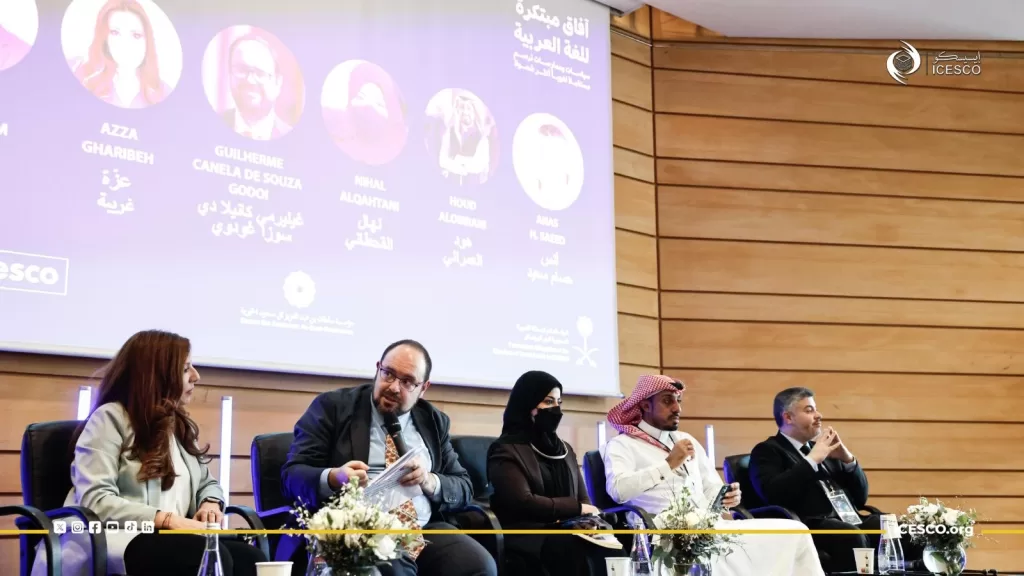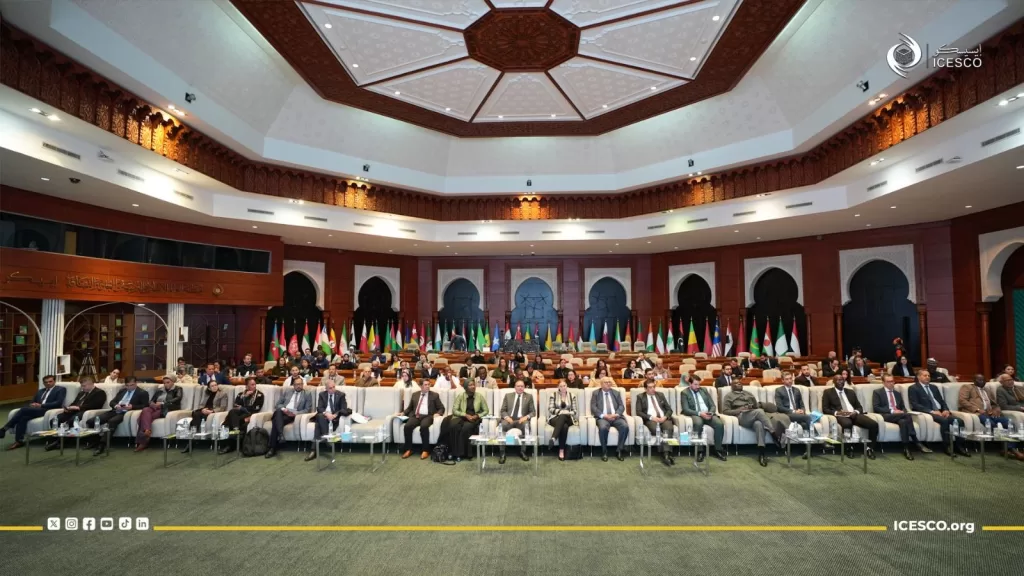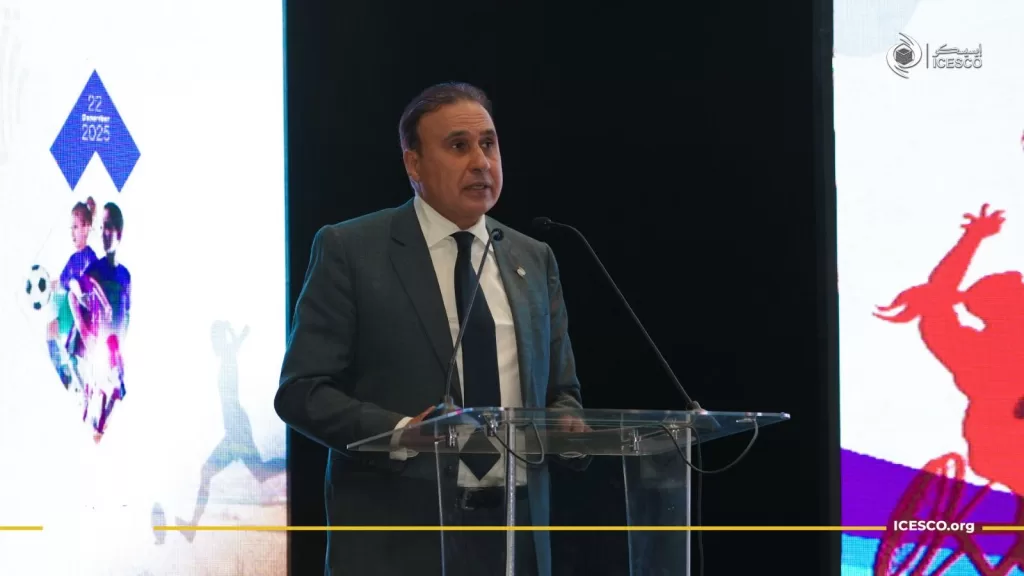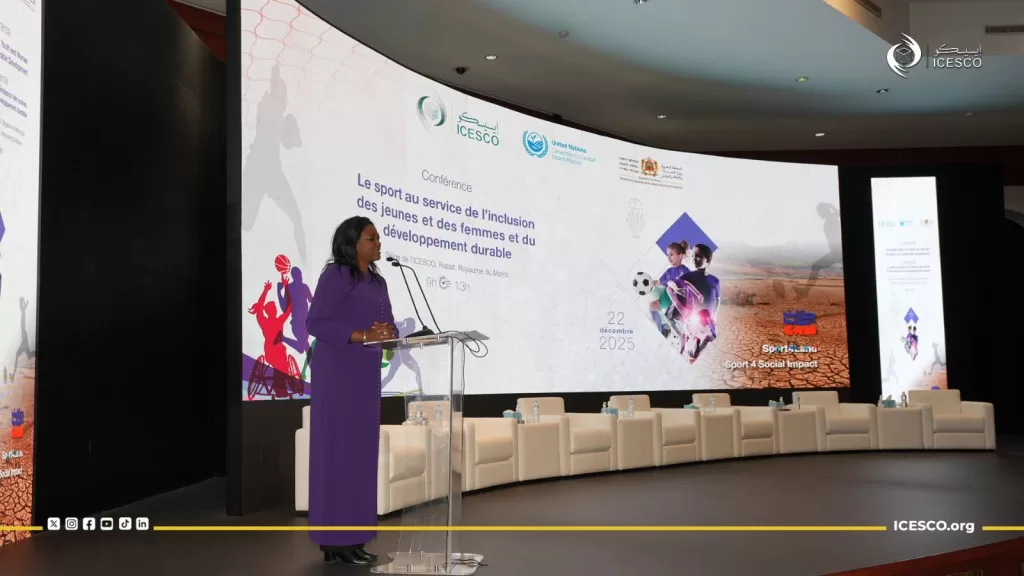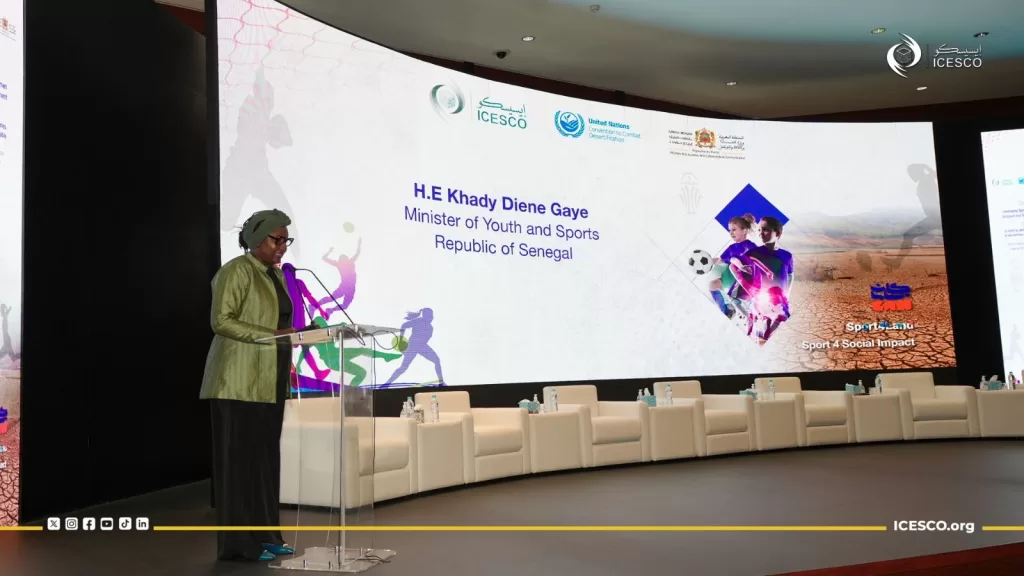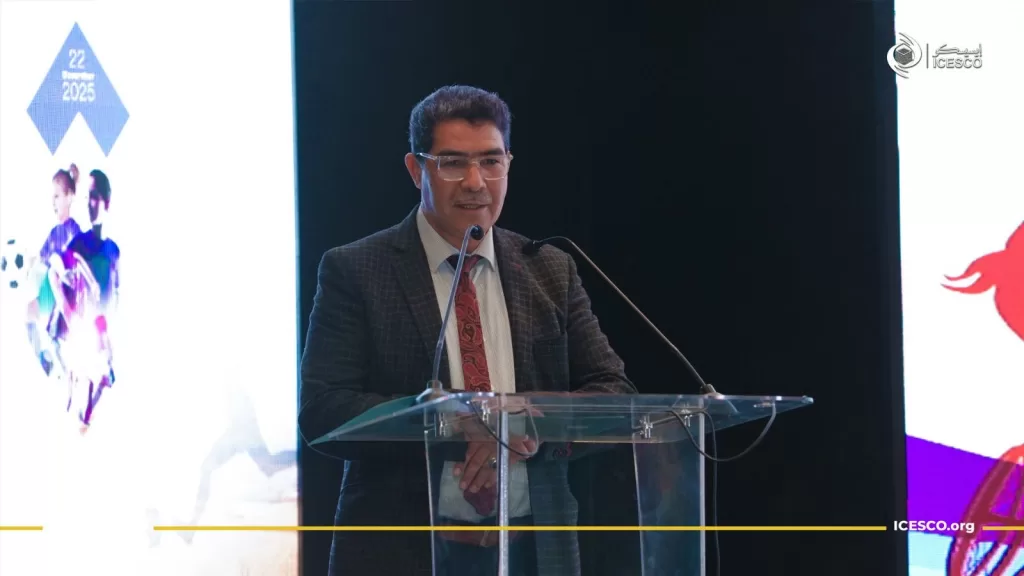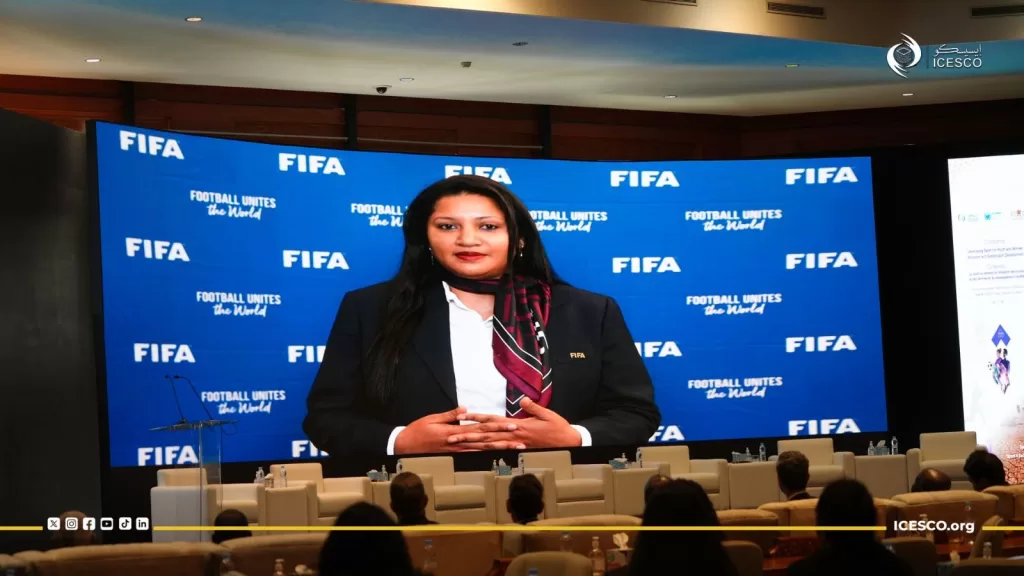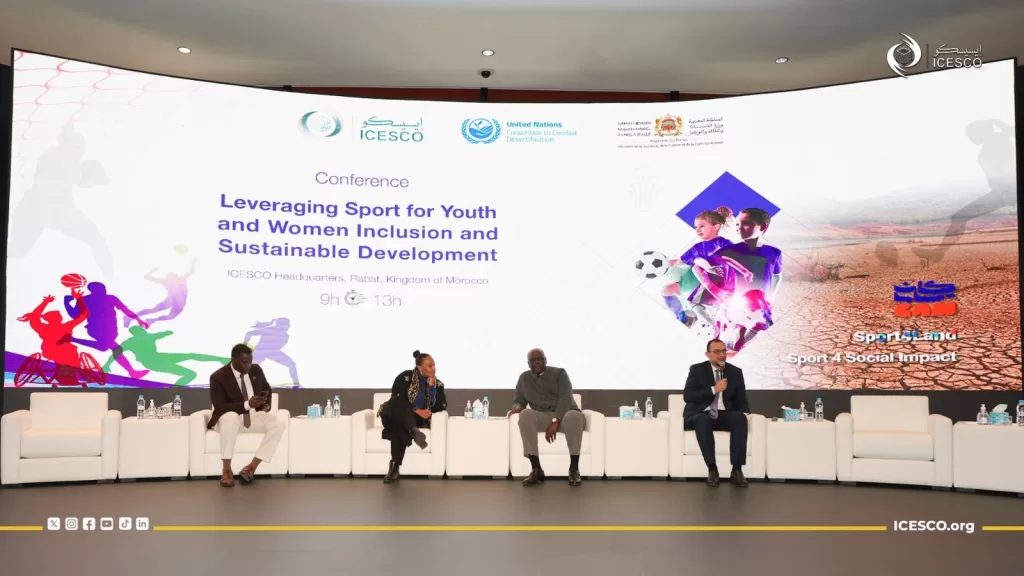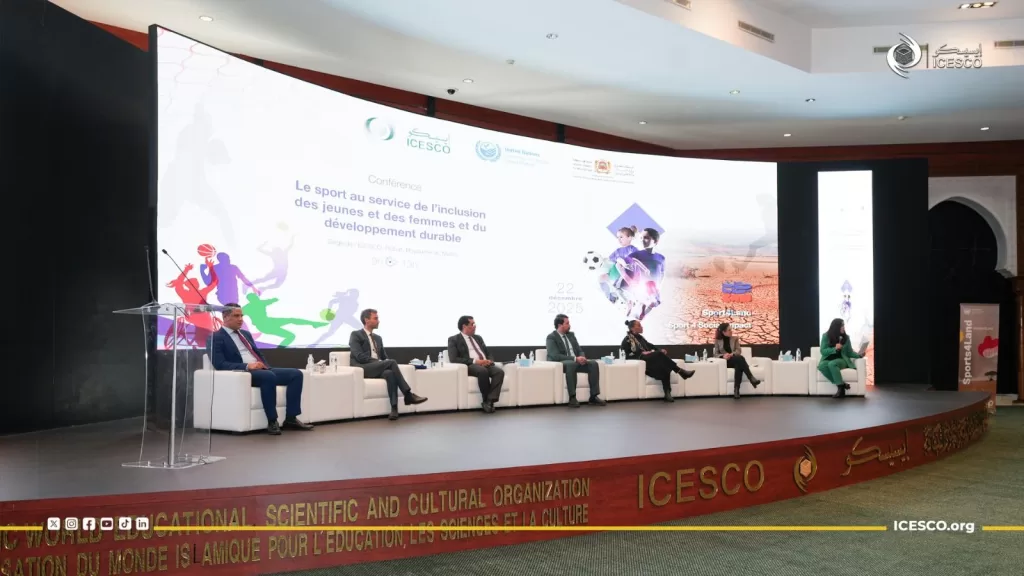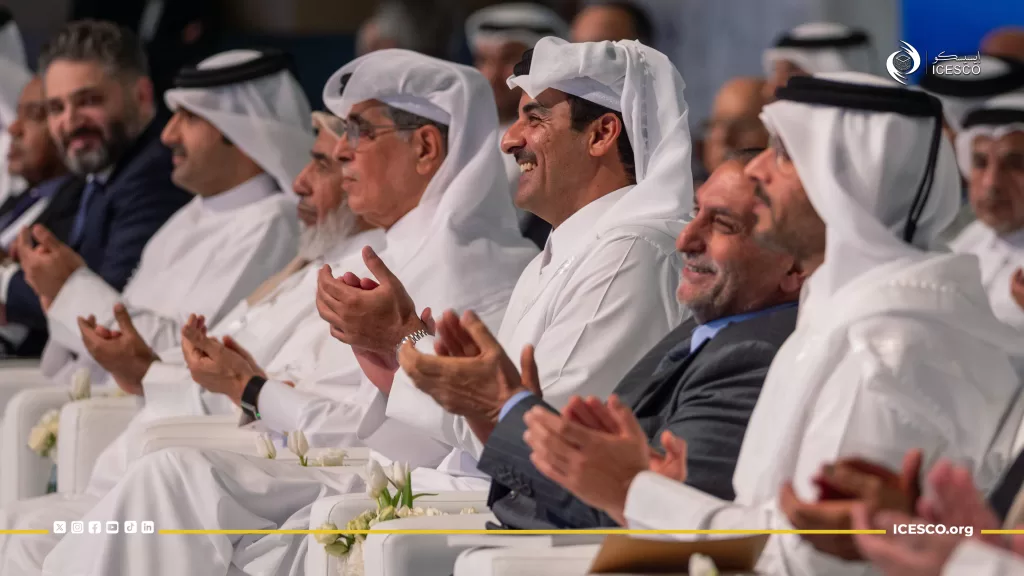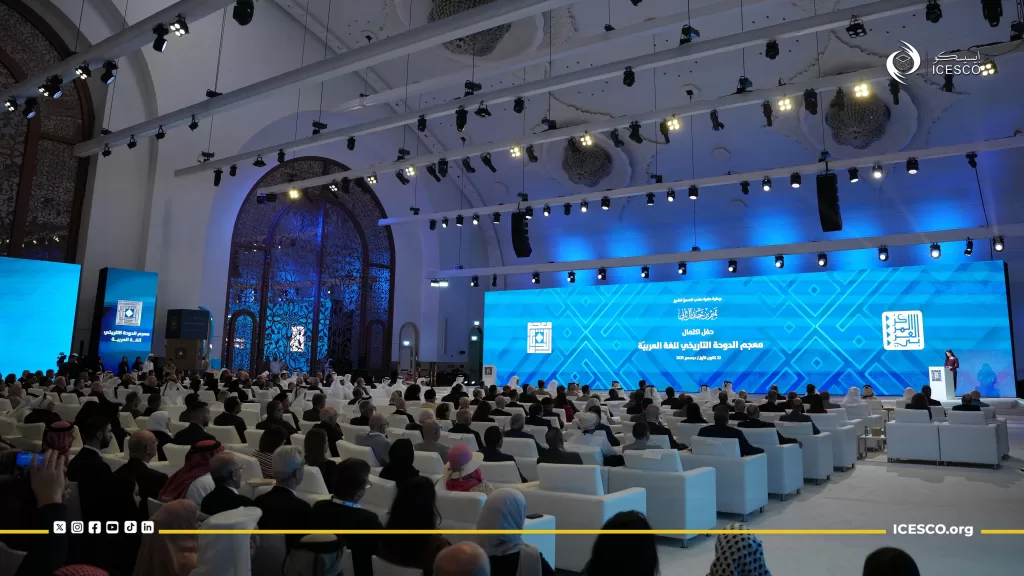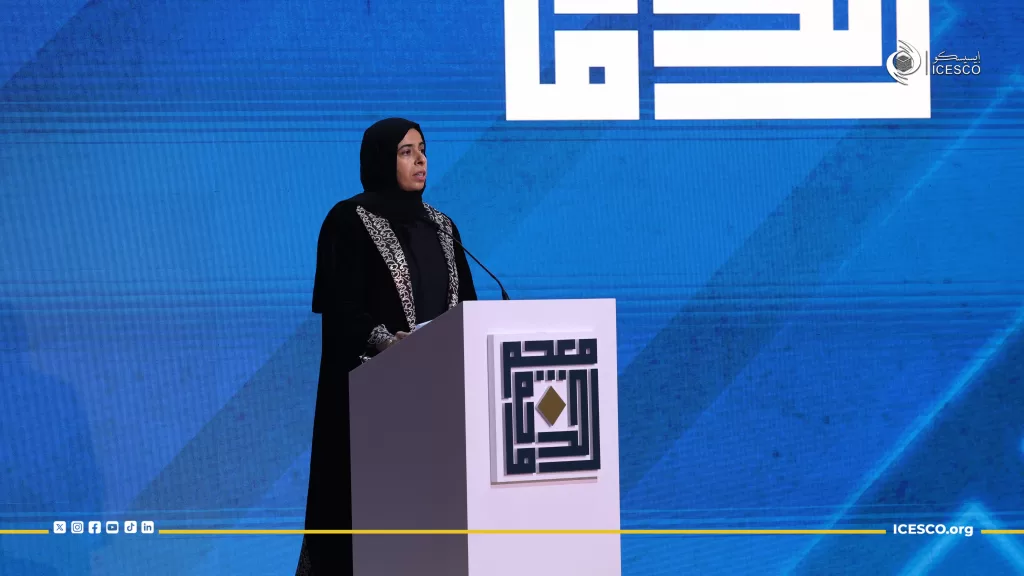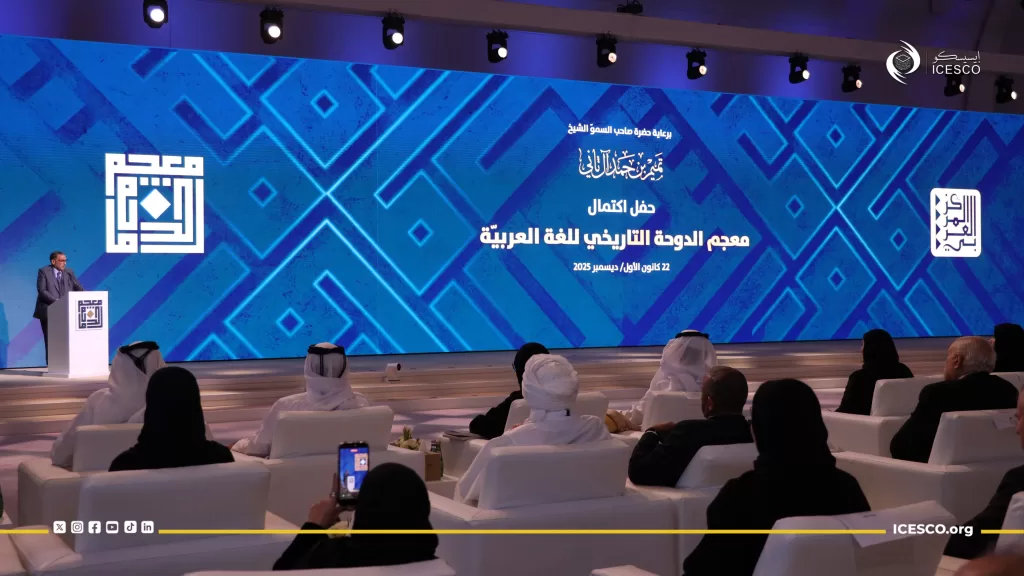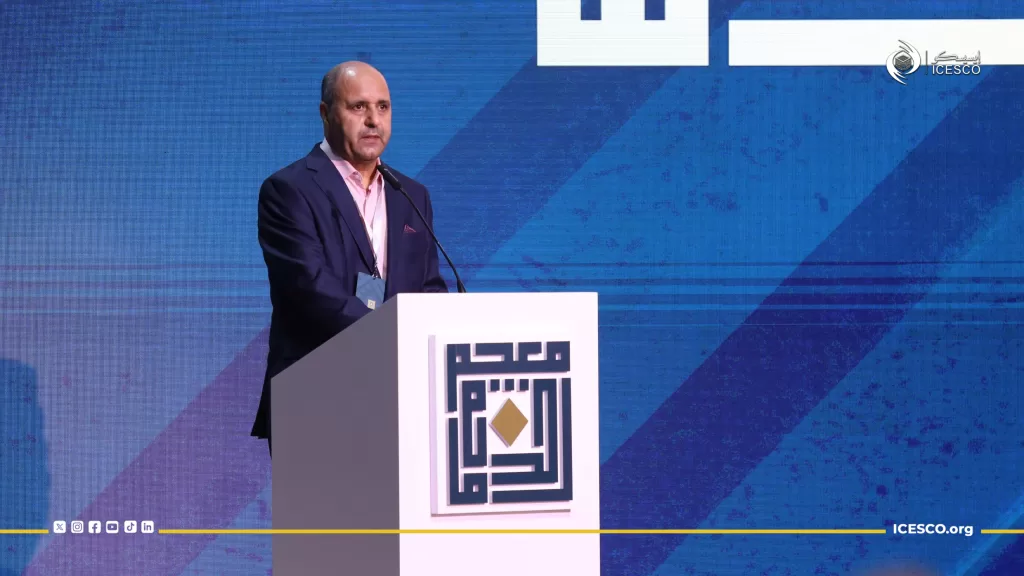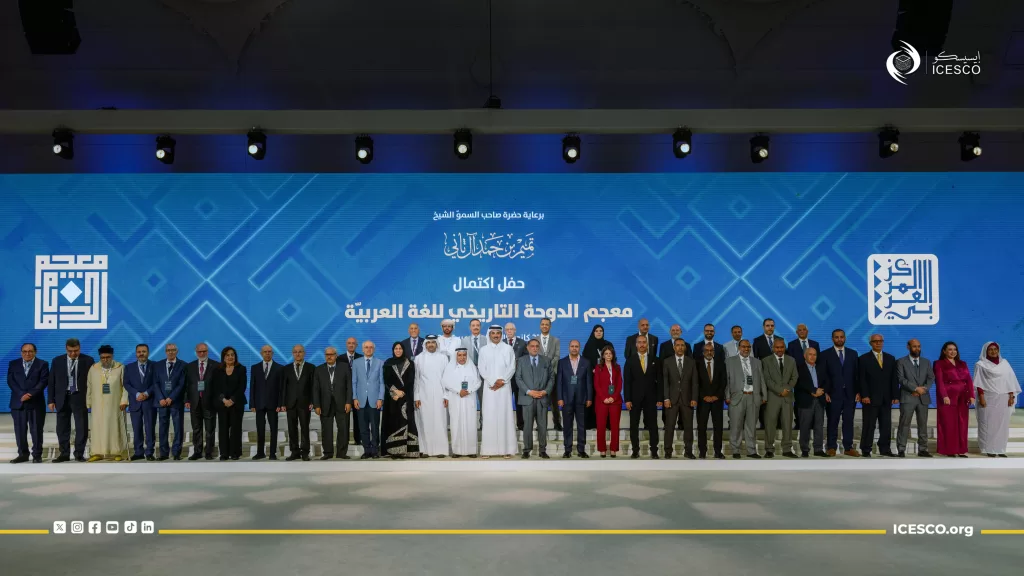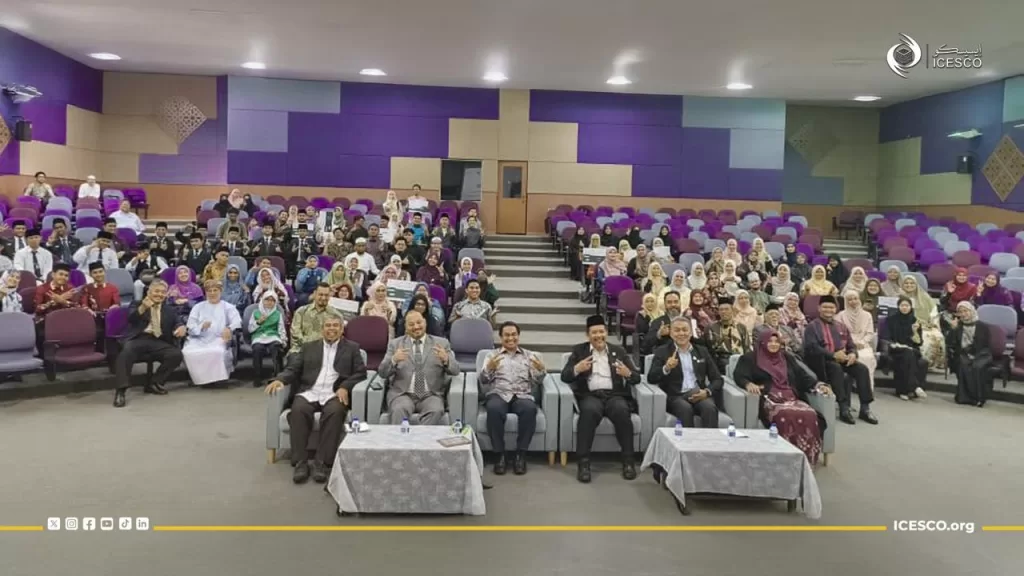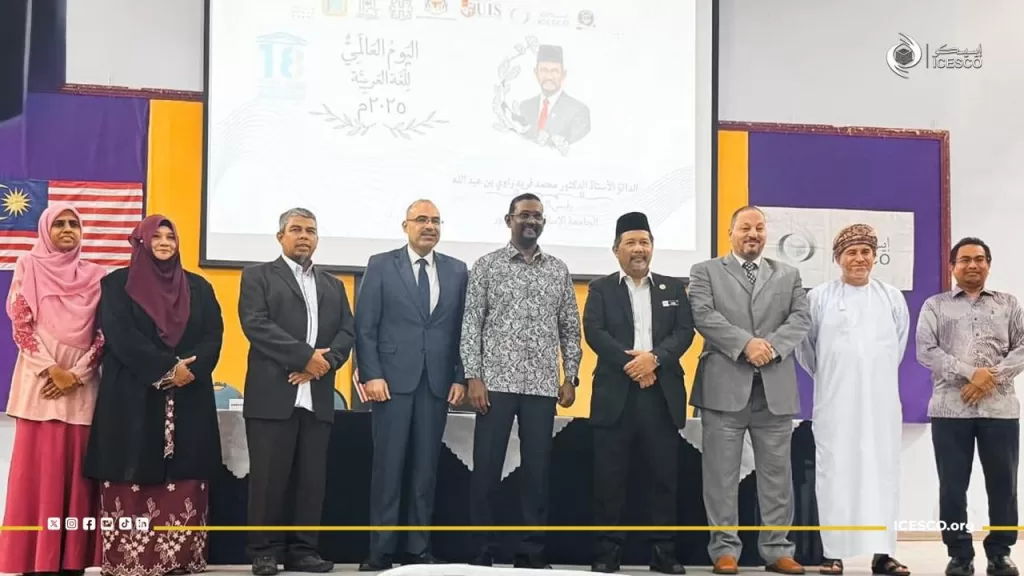Dr. Alsebail: ICESCO stands as influential voice representing Islamic world in culture, education, and science
Dr. Salim M. AlMalik, Director-General of the Islamic World Educational, Scientific and Cultural Organization (ICESCO), received Dr. Abdulaziz Alsebail, Secretary-General of King Faisal Prize, on Thursday, December 25, 2025, at the Organization’s headquarters in Rabat. The meeting discussed prospects for cooperation between ICESCO and King Faisal Prize.
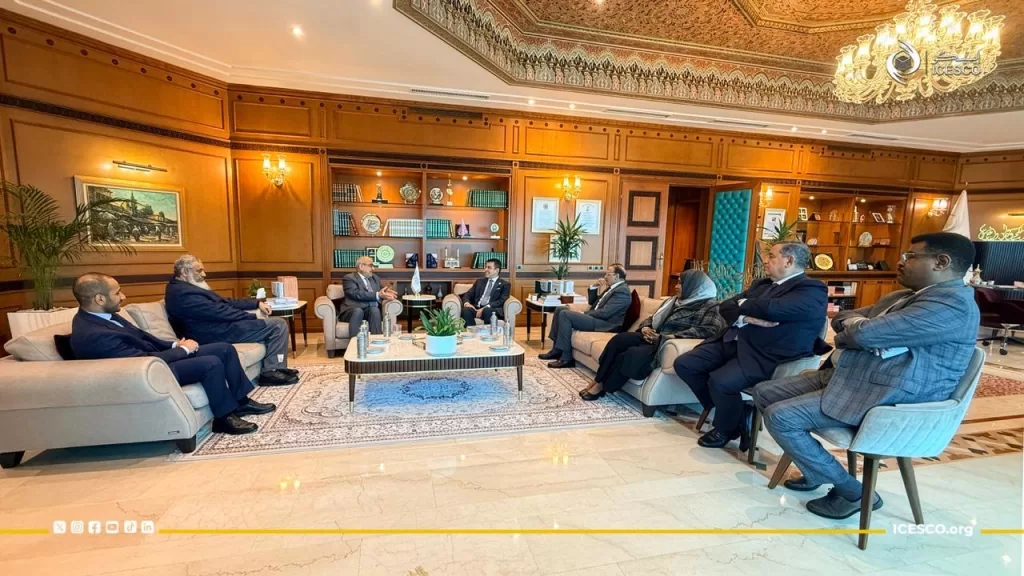
At the outset of the meeting, Dr. AlMalik reviewed ICESCO’s vision and strategic orientations, as well as its key programs and projects implemented across its Member States, particularly those aimed at promoting the values of peace, coexistence, and intercultural dialogue. He also shed light on a set of programs and reference documents adopted by the Organization to consolidate tolerance and dialogue within its Member States.
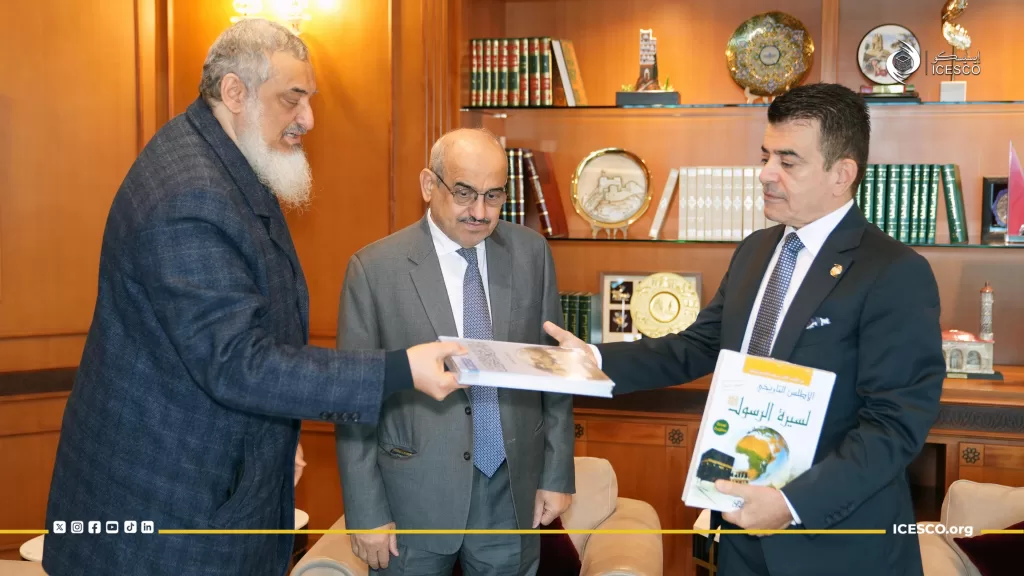
For his part, Dr. Alsebail commended ICESCO’s efforts, describing it as an influential voice serving the Islamic world in the fields of culture, education, and science, praising the Organization’s achievements in civilizational communication, foresight and artificial intelligence, media, and Arabic language.
Moreover, within the framework of strengthening their partnership, both sides discussed the organization of seminars and conferences aimed at advancing the noble objectives of ICESCO and King Faisal Prize in building peace and promoting global harmony.
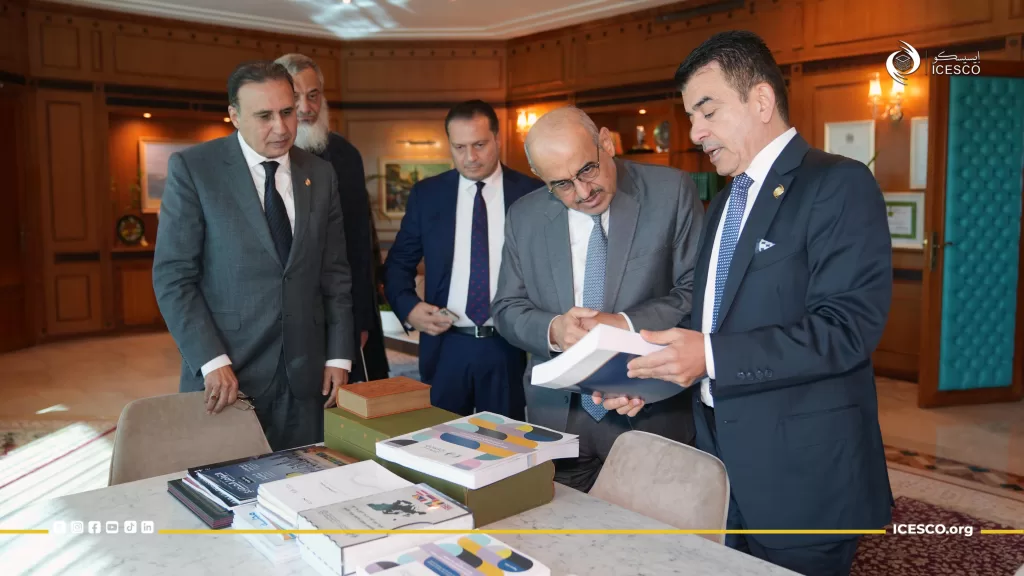
The two parties also explored a proposal to launch an award and organize a film festival in the Islamic world, dedicated to works with significant cultural and educational impact, with a view to showcasing the diversity of Islamic cultures and fostering its civilizational narrative.
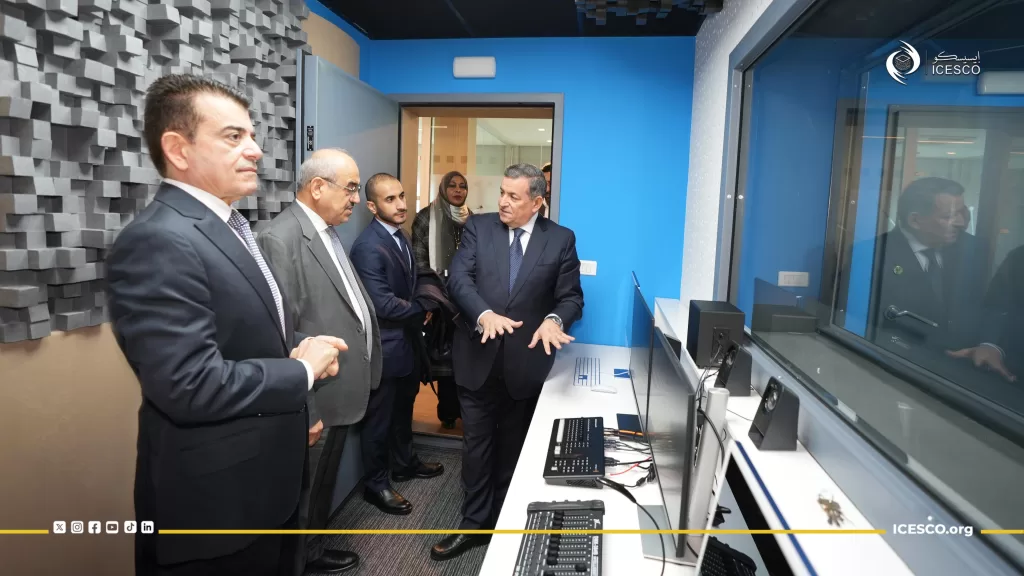
At the close of their visit, Dr. Alsebail and his accompanying delegation toured ICESCO’s Media and Communication Sector and the library of the Translation and Publishing Center, currently under construction.
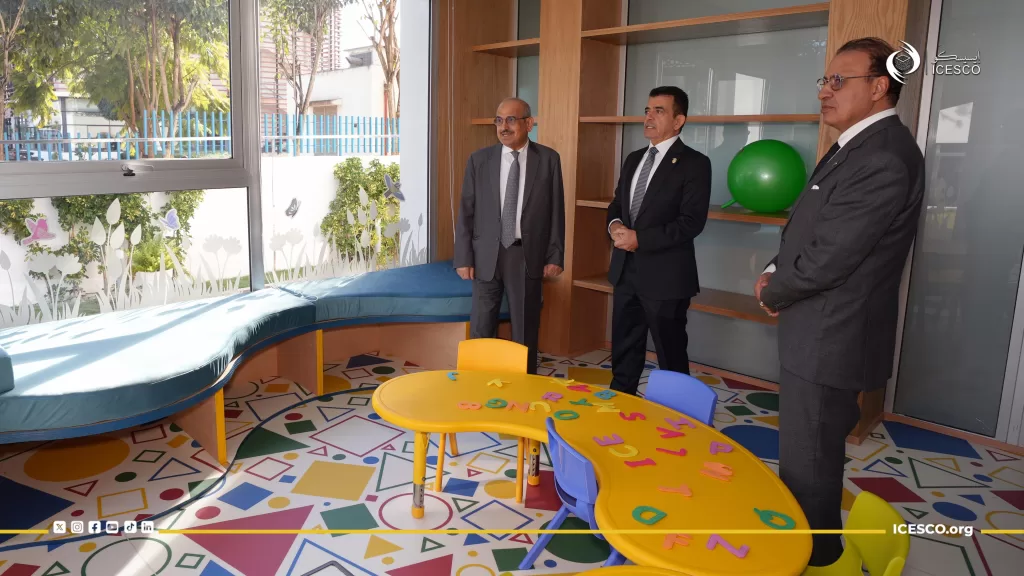
The meeting was attended by several sector heads and center directors at ICESCO, along with Mr. Sami Abdullah Almaqlouth, laureate of King Faisal Prize for Service to Islam in 2025, and Mr. Abdulaziz Aldakhil, Director of Media and Information Technology at King Faisal Prize.
